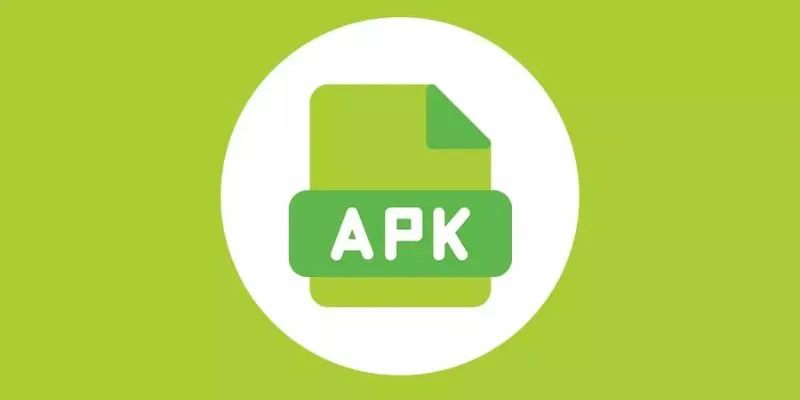The advent of blockchain technology has revolutionized numerous industries, and its integration into financial systems is no exception. When combined with powerful financial tools like Tally and Salesforce, blockchain technology introduces an unprecedented level of transparency, security, and efficiency. If you’re looking to deepen your expertise in these areas, enrolling in specialized programs such as a Tally Course in Bangalore can prepare you to manage these advanced integrations effectively.
Understanding Blockchain in Finance
Blockchain technology in finance is reshaping how transactions are recorded, verified, and secured. At its core, a blockchain is a decentralized ledger that ensures every transaction is immutable and transparent. Unlike traditional financial systems, where data is stored on centralized servers prone to manipulation and breaches, blockchain creates a tamper-proof record of all activities. To gain more insights enrol now at the Advanced Excel Course in Bangalore.
The role of blockchain in financial services extends to enabling secure cross-border payments, improving supply chain financing, and even revolutionizing accounting practices. By leveraging blockchain in financial systems, businesses can ensure error-free records and reduced fraud.
Why Tally-Salesforce Integration Needs Blockchain
Tally and Salesforce are leading financial and CRM tools, respectively. Tally excels in accounting and inventory management, while Salesforce offers robust customer relationship management solutions. Together, they create a comprehensive financial ecosystem. Introducing blockchain technology in finance to this ecosystem ensures:
- Data Integrity: Blockchain prevents unauthorized data alterations, ensuring financial records between Tally and Salesforce remain consistent.
- Transparency: Blockchain’s open ledger system enables stakeholders to track financial transactions, fostering trust and accountability.
- Enhanced Security: Sensitive financial data shared between Tally and Salesforce is safeguarded through blockchain encryption.
For those aiming to specialize in integrating these platforms, Salesforce Training Marathahalli can offer insights into the functionality and integration techniques of Salesforce, while Tally training provides expertise in accounting and operational processes.
What Is Principal Component Analysis (PCA), and How It Is Used? PCA is a powerful statistical technique used to reduce data dimensionality while preserving key patterns. In Excel, PCA helps analyze large datasets by transforming correlated variables into independent principal components, making it easier to visualize trends and make data-driven decisions efficiently.
Key Benefits of Blockchain in Financial Services
1. Increased Security
Blockchain in finance offers unparalleled security. Financial data between Tally and Salesforce is encrypted and distributed across a decentralized network, making it nearly impossible for hackers to compromise the system. This level of security is critical for protecting sensitive financial data.
2. Reduced Costs
Traditional financial processes often involve intermediaries, which increase transaction costs. Blockchain eliminates the need for intermediaries by automating financial verifications, thereby reducing operational expenses.
3. Real-Time Auditing
Blockchain technology in finance allows businesses to audit transactions in real-time. This capability enhances compliance with regulatory standards and simplifies the reconciliation process in Tally-Salesforce integrations. Skills gained from Salesforce Training in Bangalore can enable professionals to better manage these real-time audits.
4. Improved Accuracy
Errors in financial records can lead to severe consequences. Blockchain ensures every transaction is accurately recorded and verified, eliminating discrepancies between Tally and Salesforce systems.
Applications of Blockchain in Tally-Salesforce Financial Processes
1. Secure Payment Processing
Blockchain in finance facilitates secure, instant payment processing between Tally and Salesforce systems. Businesses can execute cross-border payments with lower fees and higher efficiency.
2. Smart Contracts for Automation
Smart contracts, a feature of blockchain technology in finance, enable automated execution of agreements once predefined conditions are met. For instance, smart contracts can automate invoice payments between Tally and Salesforce systems, reducing manual errors.
3. Fraud Detection and Prevention
Fraud is a persistent challenge in financial systems. Blockchain’s immutable ledger ensures financial transactions are tamper-proof, safeguarding Tally-Salesforce data from unauthorized changes.
4. Simplified Taxation and Compliance
Blockchain simplifies tax calculations by maintaining a transparent record of all transactions. Integration with Tally ensures accurate reporting, while Salesforce facilitates seamless communication with tax authorities. Professionals trained at a Training Institute in Bangalore gain the practical skills needed to handle these processes efficiently.
Challenges in Implementing Blockchain Technology in Finance
Despite its benefits, implementing blockchain in financial services is not without challenges:
- Integration Complexity: Integrating blockchain with Tally and Salesforce requires advanced technical expertise.
- Regulatory Hurdles: Blockchain technology in finance is still evolving, and regulatory frameworks vary across regions.
- Cost of Implementation: While blockchain reduces operational costs in the long run, initial implementation can be expensive.
To overcome these challenges, businesses must work with experienced professionals and adopt scalable blockchain solutions.
Future of Blockchain in Financial Services
The adoption of blockchain technology in finance is expected to grow exponentially. As businesses continue integrating blockchain with tools like Tally and Salesforce, the financial ecosystem will become more secure, efficient, and transparent.
Blockchain technology is a game-changer for financial processes, offering security, transparency, and efficiency that traditional systems cannot match. When integrated with Tally and Salesforce, blockchain creates a powerful ecosystem that simplifies financial management and fosters trust among stakeholders.
As blockchain in financial services continues to evolve, businesses that adopt this technology early will have a significant competitive edge. By understanding and implementing blockchain technology in finance, organizations can future-proof their operations and ensure seamless financial processes. Whether you’re a financial professional or a business owner, embracing blockchain’s transformative potential is the key to unlocking a more secure and efficient financial future.
Also Check: RPA Compliance and Security Protecting Your Automation Processes



